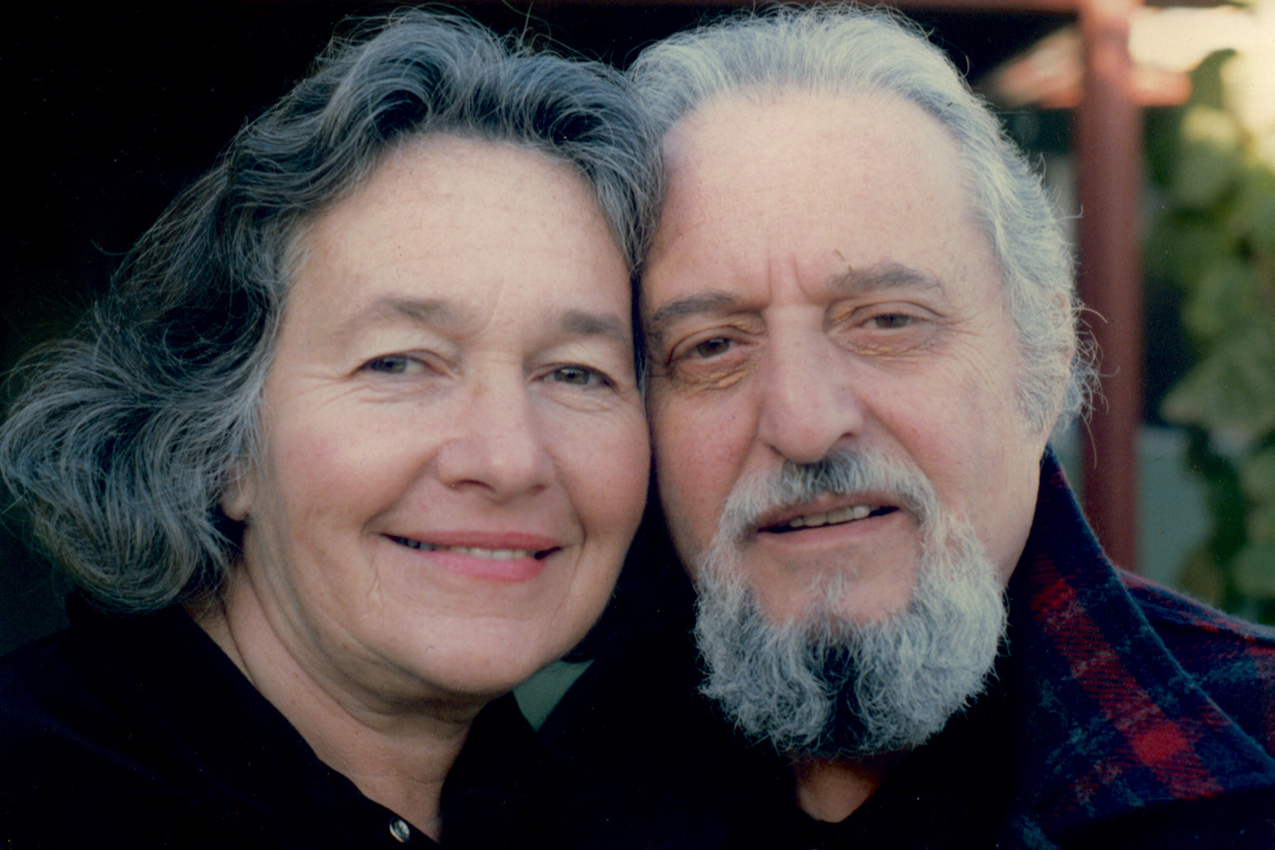
Rings Like Silver Shines Like Gold: The Lives of Gene and Ellie Bluestein by Evo Bluestein and edited by Julilana Harris, Independently published (www.evobluestein.com), Fresno, 2021, $24.95 paperback.
If you live in Fresno and are interested in folk music and/or progressive politics you know about the Bluestein family. Gene was a musician and faculty member at Fresno State, Ellie founded the Fresno chapter of the Women’s International League for Peace and Freedom (WILPF), and Evo and Jemmy are world-class musicians.
Evo’s new book, edited by Juliana Harris, Rings Like Silver, Shines Like Gold, is a joy to read. It is about Gene and Ellie (Evo’s dad and mom) and takes you on a journey that has some surprising twists and turns.
Apparently, Gene was not always the tenured college professor, writer of books and folk musician we all think of him as today. In his early days, he was actually a bit of a hoodlum while growing up in Brooklyn. This was tempered by his lefty family and the many musical opportunities that surrounded him.
Woody Guthrie would play at the Jewish community center, Pete Seeger performed in the neighborhood, and even Billie Holiday could be seen in a venue not far from where he grew up.
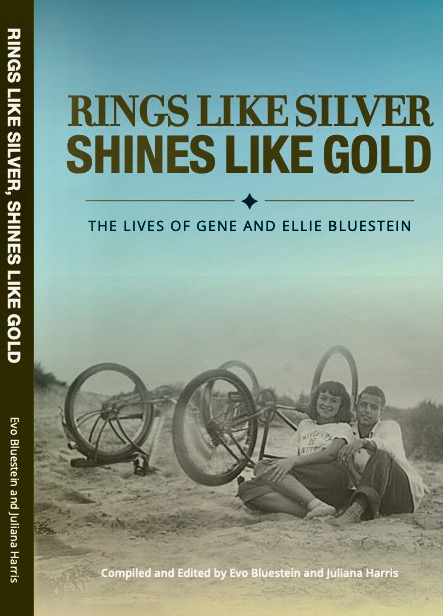
Gene might have continued on with his New York lifestyle if it hadn’t been for the influence of a father of his best friend who encouraged him to go to Camp Kinderland in upstate New York. Ellie had been attending the summer camp for years and was a camp counselor when Gene arrived.
The emphasis on community, the value of learning/education, and the presence of folk musicians like Seeger and Guthrie had a life-changing impact on both Ellie and Gene.
Evo and Juliana said that there is a connection between Camp Kinderland in New York and Sweet’s Mill in the Sierra Nevada mountains where the Bluesteins were involved. For more on this part of their lives, read Road to Sweet’s Mill: West Coast Folk Music Revival, which was edited by Evo and Harris.
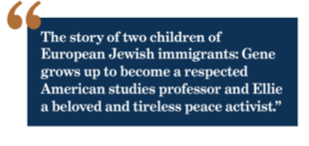
The photos in Rings Like Silver take you back in time to when Gene and Ellie were just starting out in life,. You see their young children and how this family grew up to become an important part of the Fresno music, peace and social justice community.
The title of the book comes from a Roscoe Holcomb folk song “Swanno Mountain.” “It’s talking about a banjo,” says Evo. “‘Got 16 brackets on my banjo, lordy, rings like silver, baby shines like gold.’ The singer is proud.
“Gene’s banjo was a special one, and he was a special banjo player. It is also an analogy for their love that shines.”
The Bluestein family has traveled the world—Finland, France, Israel, China and Japan—singing all the way. This book takes you along for the ride like when they were in France in 1968 during the student-led revolution and general strike.
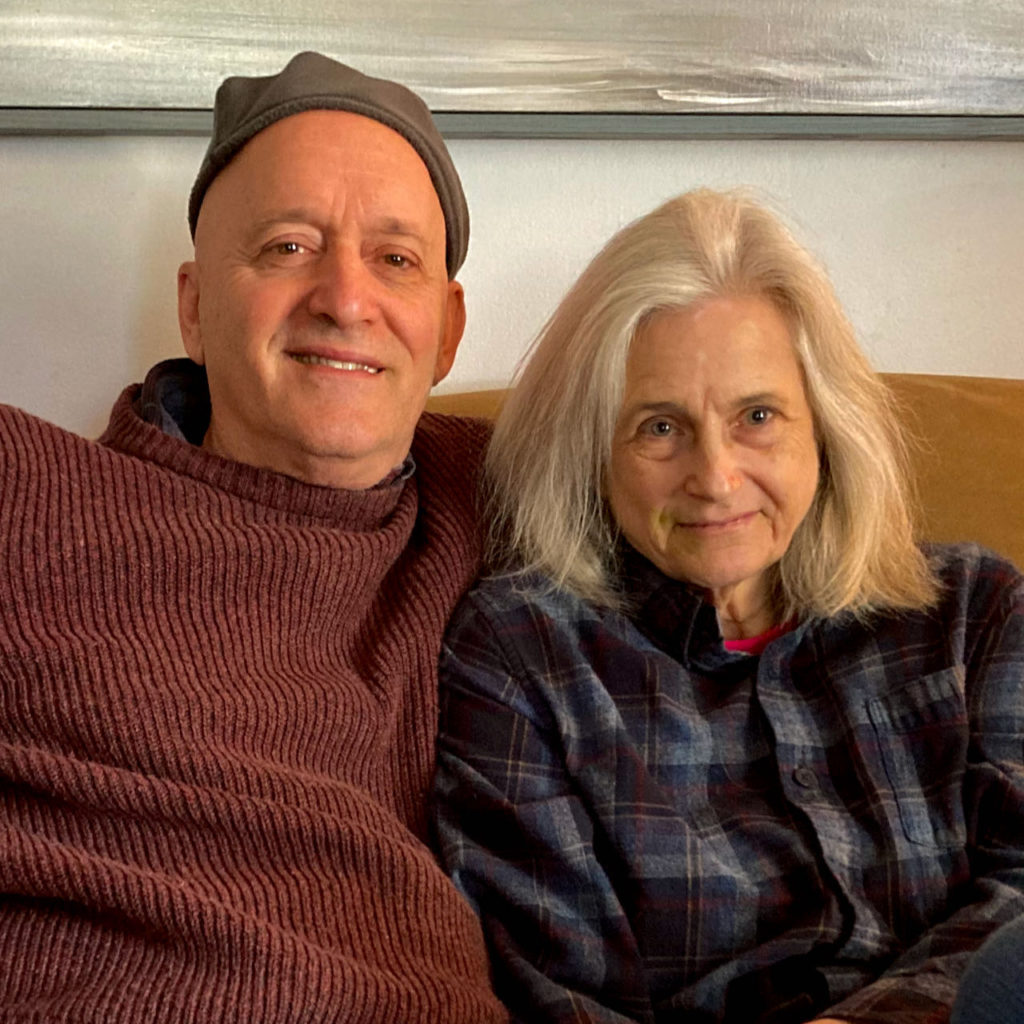
The visits to other countries were immersive experiences in other cultures that weave together, making you marvel at our luck that they ended up in Fresno.
Gene took a job in the English Department at Fresno State right before the campus exploded in protest against the war in Vietnam and struggles around academic freedom. Gene was part of a university “posse” that went around saving jobs and putting out fires set by the authoritarian administration. That struggle eventually led to the establishment of the Fresno Free College Foundation and KFCF 88.1 FM, free speech radio in Fresno.
Ellie formed the local branch of WILPF, one of Fresno’s foundational progressive groups. She worked on Draft Resistance projects. The local group printed bus placards that read “Why is this the only job our government has to offer 19–20 year olds? Think Before you Register for the Draft.” The placard featured soldiers with rifles and bayonets.
When the City of Fresno removed those placards from the buses, WILPF took the fight to court. The publicity surrounding the court case got the group’s message out to thousands more people—this was the political savvy she had. Nonviolent jujitsu made Ellie one of the most respected progressive activists in Fresno.
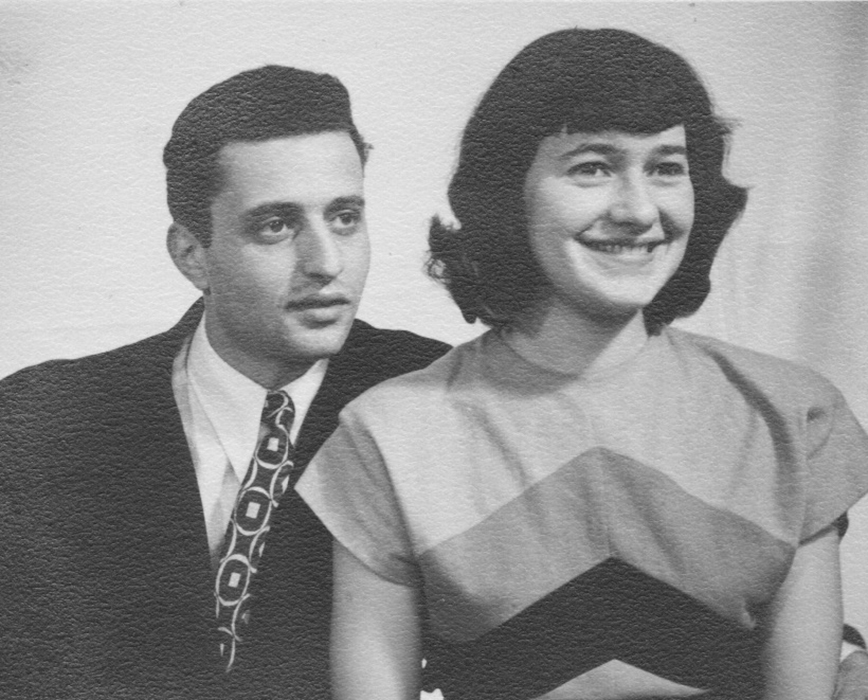
Evo says that he began interviewing his dad years before he died in 2002, recording the interviews on cassettes. He understood the importance of his dad’s life, even if he did not have a plan for how the material would ultimately be used. Much of the story about Ellie’s life comes from an oral history project at Fresno State. The material also came from her friends and colleagues who knew and loved her. Ellie passed away in April 2020.
*****
